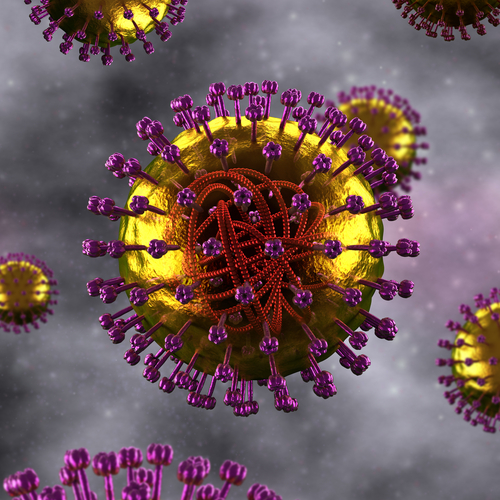 Scarlet fever and measles are reemerging in England, prompting a call for vaccine uses and increased attention to the outbreak by medical professionals.
Scarlet fever and measles are reemerging in England, prompting a call for vaccine uses and increased attention to the outbreak by medical professionals.
Scarlet fever reached a peak in 2014 not seen since 1969, according to Public Health England. But those numbers have continued apace, with a totally of 6,157 new cases since the season began this past September. An additional 600 cases are being reported in advance of the traditional peak, in late March and mid April.
Measles, a potentially deadly virus, has also reared its morbid head again, the agency added. Some 20 cases have appeared since February. Twelve of them were diagnosed in London, and the cases have predominantly been younger people, ages 14 to 40, who never had the regimen of the MMR (Measles Mumps and Rubella) vaccine.
“The cases we have seen recently have been confirmed mainly in adolescents and young adults,” said Kevin Brown, deputy director of the Virus Reference Department at Public Health England. “It’s important to be aware that it’s never too late to have the vaccine, so if you’ve not received two doses of the vaccine in the past – or you’re unsure – speak to your (general practitioner). There’s no harm in receiving an additional dose where there is any uncertainty.”
In 2014 and 2015, there were 103 and 91 cases reported in England, respectively. Those numbers were at an all-time low, due to an immunization “catch up” campaign for MMR vaccines in 2013.
Scarlet fever cases, mostly found in children between the ages of two and eight years, have prompted an additional call from the public health agency to be on the lookout for the infection, which is caused by the traditional strain of group A streptococcal bacteria. There are no vaccines to prevent scarlet fever, but it remains treatable with antibiotics – and mostly preventable, with sanitary measures.
READ MORE: California Vaccine Bill Clears Legislative Hurdle
“Where outbreaks occur, PHE local Health Protection Teams are on hand to provide a rapid response, effective outbreak management and authoritative advice,” said Theresa Lamagni, head of streptococcal surveillance at Public Health England. “Schools, nurseries and childcare settings should embed good hand hygiene practice within daily routines for pupils and staff and alert their local (protection team) if an outbreak of scarlet fever is suspected.”
The anti-vaccine movement has linked some of the ingredients of the main shots to autism. However, a growing list of studies has countered those claims. In the meantime, some of the diseases which were once mass killers in earlier centuries have begun to make a comeback in parts of the United States, due to lower immunization rates among younger people.
R&D 100 AWARD ENTRIES NOW OPEN:
Establish your company as a technology leader! For more than 50 years, the R&D 100 Awards have showcased new products of technological significance. You can join this exclusive community! Learn more.
Filed Under: Drug Discovery




